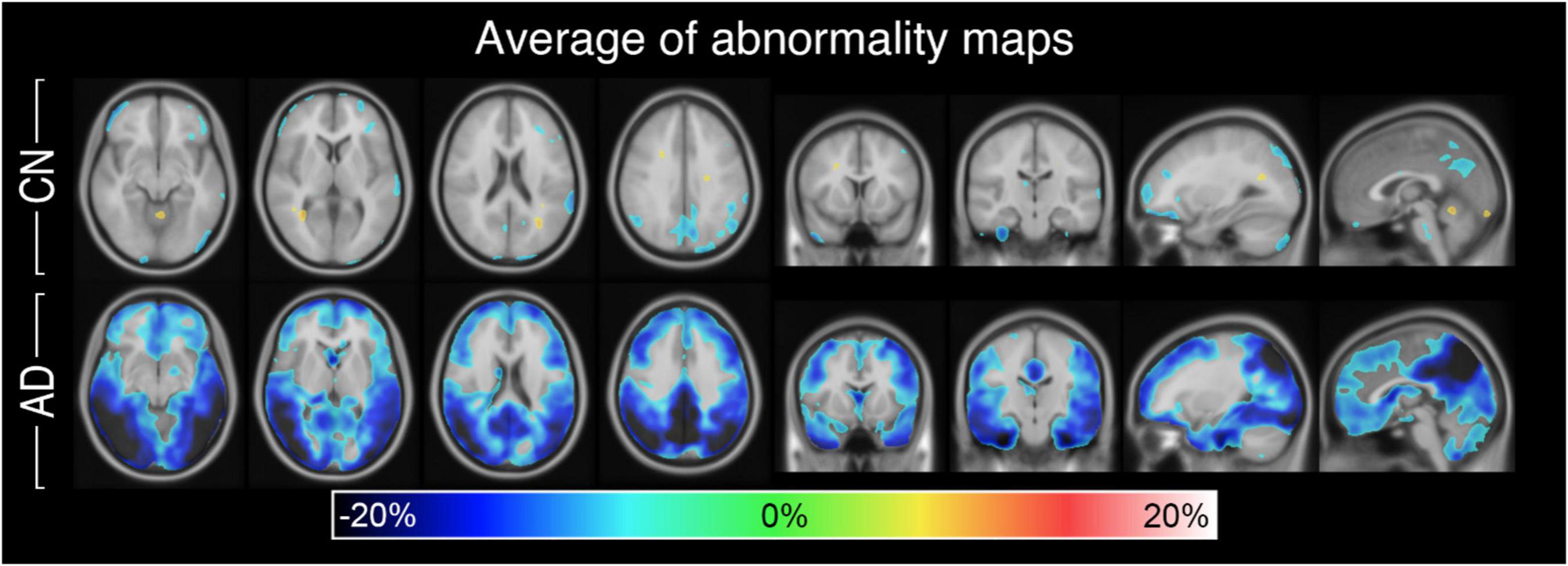Synthetic baseline for personalized PET analysis - Application in Alzheimer’s disease
Project by Christian Hinge
Alzheimer's disease (AD) is often investigated using [18F]FDG-PET to assess cerebral glucose metabolism. However, current tools for uptake analysis rely on non-personalized templates, which poses a challenge since decreased glucose uptake could also reflect normal age-related changes, making it difficult to determine whether reduced glucose uptake is truly caused by AD or by other factors.
Project BackgroundTo overcome this, the project proposes a deep learning approach that synthesizes personalized baselines for each patient based on their MR images. This synthetic baseline PET (sbPET) represents how the patient’s brain metabolism would look if it were healthy and it can serve as a hypothetical “healthy twin” reference image. By comparing the patient’s own [18F]FDG-PET images with the sbPET, the method produces abnormality maps that are more robust to anatomical variation.
Project ImplementationThe results showed that the model reliably generated healthy-appearing PET images for cognitive normal (CN) subjects, and when applied to AD patients, the synthetic baselines enabled accurate detection of disease-related hypometabolism.
